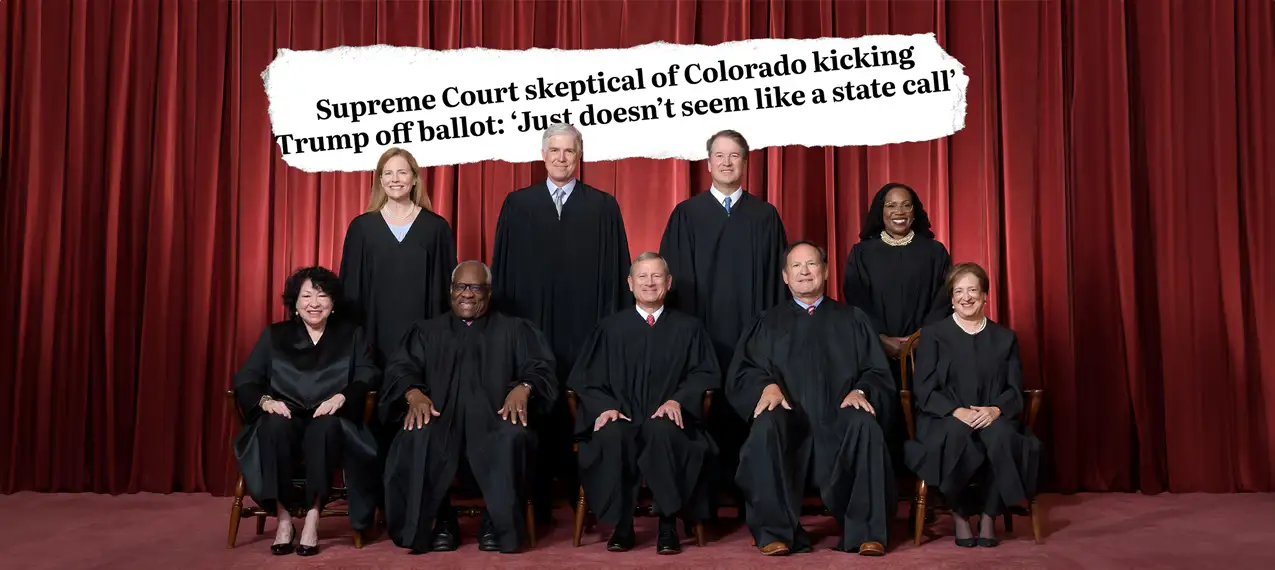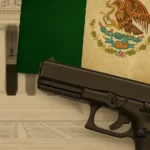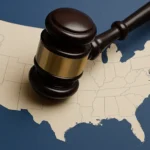
Today, most if not all Justices appear ready to overturn the Colorado decision barring former President Donald Trump from the state’s presidential primary ballot.
The Justices appeared nearly unanimous in thinking Section 3 of the 14th Amendment is not “self-executing,” meaning private parties and states cannot bar candidates without Congress first passing an enabling statute. Many also appear convinced that Section 3 does not include the presidency as an “officer of the United States.”
Several of the justices were troubled by the process employed by the Colorado courts, which relied heavily on the highly partisan report of the House Special Committee on the January 6 Attack and the testimony of a single expert psychology witness purporting to decode the language and meaning of Trump’s January 6 remarks preceding the riot.
Finally, the Court’s questioning today demonstrated that the justices question the wisdom of leaving this decision to states as doing so will lead to unacceptable inconsistencies. Landmark urges the Court to issue a unanimous decision.
MORE DETAIL
Today, the U.S. Supreme Court heard oral arguments in Trump v. Anderson – a case that will determine whether former President Donald Trump’s name can appear on Colorado’s Republican primary ballot. At issue is whether Mr. Trump is disqualified by Section 3 of the Fourteenth Amendment from holding the office of president because he engaged in insurrection on January 6, 2021, against the United States government and that he did so acting as an officer of the United States.
Months ago, a private group of voters filed a lawsuit in Colorado District Court seeking to exclude Trump from the state’s presidential ballot. The trial court concluded that Trump engaged in insurrection but determined that Section 3 does not apply to the president. On appeal, the Colorado Supreme Court reversed the lower court decision holding that he not only engaged in insurrection but also was disqualified under Section 3.
Today, most if not all Justices appear ready to overturn the Colorado decision. The Justices appeared receptive to the argument that Section 3 is not self-executing – meaning Congress needs to enact a law empowering private parties to bring lawsuits. Justice Kagan noted the importance of a circuit court case known as Griffin’s Case. This case was decided shortly after the Fourteenth Amendment’s ratification and stands for the proposition that Section Three requires an act of Congress. Justice Kavanaugh also stressed the importance of this decision.
The Justices also spent considerable time wrestling with the terms “officer of the United States” and “office…under the United States” and whether this language encompasses the President. The Fourteenth Amendment states:
“No person shall be a Senator or Representative in Congress, or elector of President and Vice-President, or hold any office, civil or military, under the United States, or under any State, who, having previously taken an oath, as a member of Congress, or as an officer of the United States…to support the Constitution of the United States, shall have engaged in insurrection or rebellion.”
Trump’s lawyers argue that “officer of the United States” refers to appointed officers rather than the president, and that the presidency itself is not an “office…under the United States.” Justice Jackson seemed amenable to these arguments, repeatedly noting that while Section Three provides a list of offices that are included, it does not specifically list either the president or vice president.
Finally, the Justices discussed the larger problems that would arise if one state could make a decision having enormous national implications. Upholding Colorado’s decision would also mean the Constitution empowers individual states to set differing standards for determining whether a presidential candidate is disqualified. This would result in electoral chaos as there would be different standards for eligibility applicable to national offices such as the presidency. In short, as Justice Kavanaugh noted (and Justices Kagen, Barrett, and others reiterated), millions of Americans would be disenfranchised if the Court were to uphold Colorado’s decision.
The Supreme Court can overrule the Colorado Supreme Court’s decision for any of the reasons the justices focused on in today’s argument. They appear ready to rule against Colorado on all of them.
Normally, decisions in high-profile Supreme Court cases are not released until late Spring or early Summer. This case, however, is different as it involves urgent political issues necessitating immediate resolution. A decision is therefore likely within weeks.
SUPPORT LANDMARK LEGAL FOUNDATION
We are truly facing existential threats to our individual rights and liberties, the Constitution, and our national character. If unchallenged, this assault on our very way of life will ruin our great nation. With your financial and moral support, Landmark is not going to let that happen without a fight. Will you join us?
JOIN OUR MAILING LIST
Never miss an update from Landmark Legal Foundation as we continue the fight to preserve America’s principles and defend the Constitution from the radical left.
Landmark will NEVER share your contact information and we will not flood your inbox.





